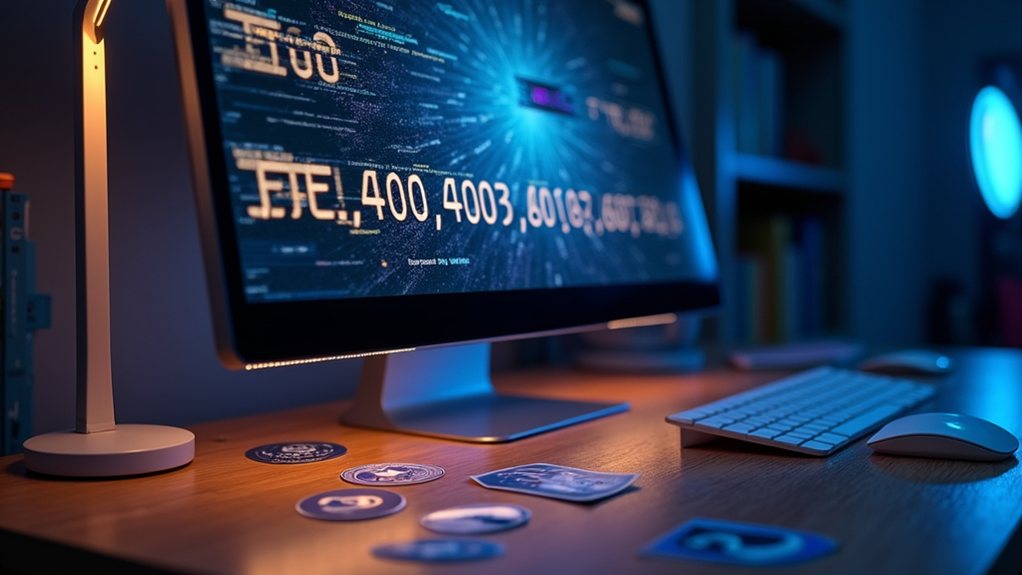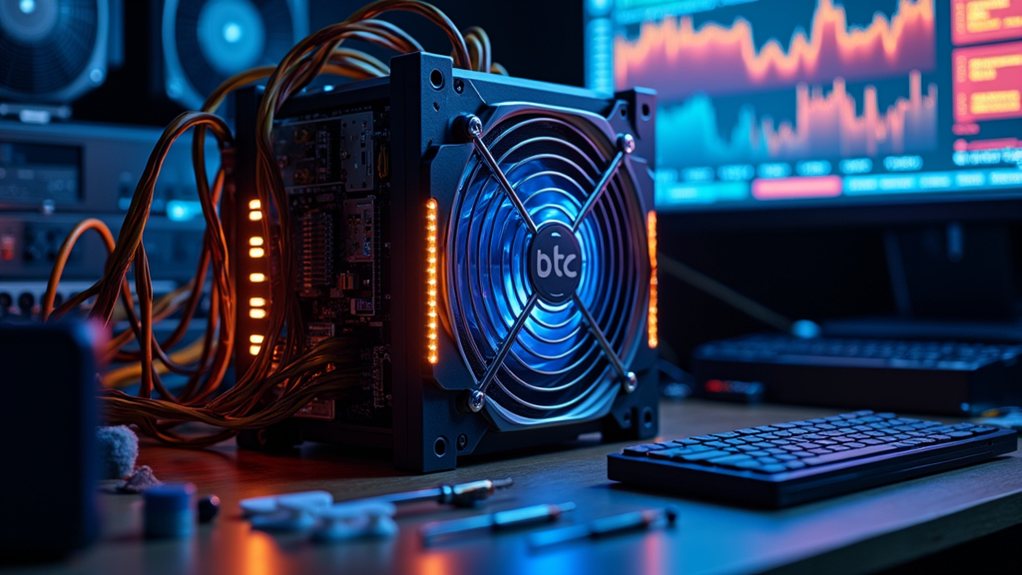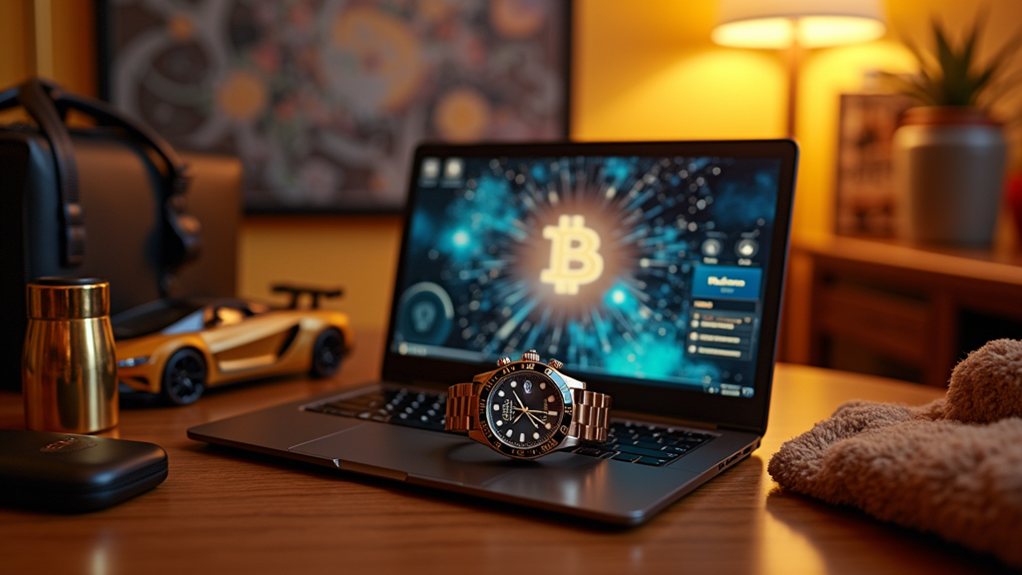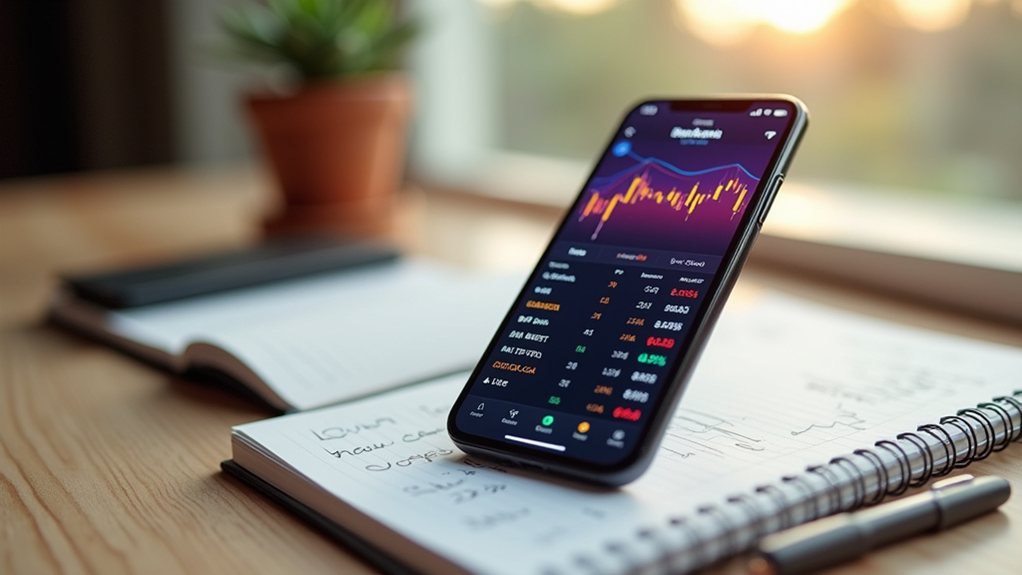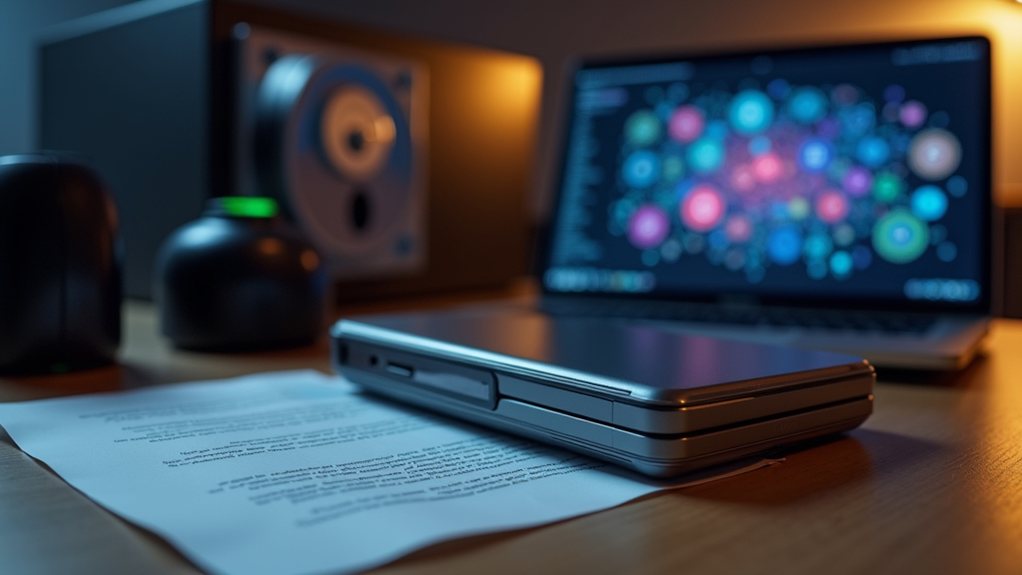Bitcoin addresses are alphanumeric strings serving as destinations for receiving Bitcoin. They come in various types: Legacy (starting with "1"), SegWit ("3"), and newer formats like Native SegWit ("bc1"). Created through cryptographic hashing, these addresses include security features like checksums to prevent typos. They're case-sensitive and completely unforgiving of errors. For privacy, users should generate fresh addresses for each transaction. The blockchain world gets simpler once you crack this code.
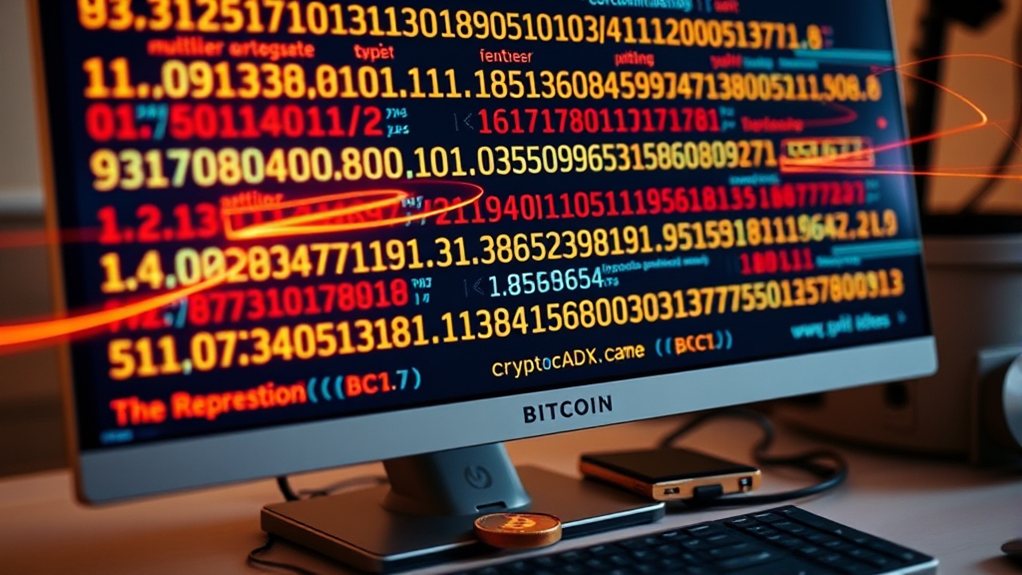
Complexity wrapped in simplicity. That's what a Bitcoin address represents in the vast cryptocurrency ecosystem. These alphanumeric strings—ranging from 26 to 62 characters—serve as digital destinations for receiving Bitcoin. They're like postal addresses, except they're for digital money. And yes, they're completely case-sensitive, so don't mess them up.
Bitcoin addresses come with specific prefixes: "1", "3", or "bc1". Each prefix tells a story about the address type. Legacy addresses starting with "1" are the dinosaurs of Bitcoin—they work, but they're bulkier and less efficient. Then came the "3" addresses, known as Nested SegWit, which support more complex functions like multi-signature wallets. Finally, the newer "bc1" addresses represent Native SegWit and Taproot technologies. They're sleeker, cheaper to use, and more scalable. Progress, right?
The creation of these addresses isn't magic—it's math. Really complicated math. Bitcoin addresses are born from public keys through cryptographic hashing processes. It starts with a private key, generates a public key, and then transforms that public key into the address you see. These addresses are managed by crypto wallets, which are essential tools for storing and accessing your digital assets. Bitcoin's design specifically excludes characters like 0, O, I, and l to avoid confusion when transcribing. It's like making sausage. You don't need to know how it's made to enjoy it.
Security is built into every Bitcoin address. There's a checksum that catches typos. The asymmetric encryption guarantees only the holder of the private key can spend the funds. But remember, anything you do with that address is visible on the blockchain. Privacy isn't guaranteed just because it's crypto. Far from it.
Ever wonder what happens to the leftover Bitcoin when you send some to a friend? It goes to what's called a change address. Think of it like breaking a $20 bill for a $5 purchase—you get $15 back. In Bitcoin, that $15 goes to a new address that's still yours. Smart system.
Reusing addresses is a rookie move. Every time you receive Bitcoin, you should use a fresh address. Generating new addresses for each transaction enhances your privacy on the network. It's not just good practice—it's vital for privacy. Fortunately, most wallets generate new addresses automatically. You don't have to think about it.
Bitcoin addresses might look intimidating at first glance. Random letters and numbers that make no sense to human eyes. But they're the gateway to participating in the most revolutionary financial system of our time. They're worth understanding, even if they look like a cat walked across your keyboard.
Frequently Asked Questions
Can I Recover My Bitcoins if I Lose My Address?
Losing a Bitcoin address isn't game over. If the private key or seed phrase still exists, recovery is possible. The address is just a public identifier—like a mailbox.
The real key to the kingdom? That private key. Hardware wallet manufacturers offer recovery services. Third parties can help too.
But if both address and private keys vanish? Those coins are gone forever. Plain and simple. Blockchain doesn't forgive carelessness.
How Many Bitcoin Addresses Can One Person Have?
There's literally no limit. One person can generate millions of Bitcoin addresses if they want.
Technically speaking, the upper bound is around 2^160 addresses—an absurdly large number. Most regular users have just 5-20 addresses.
Exchanges and businesses? They use hundreds or thousands. Each address comes from the same seed phrase. They're free to create. Instantaneous too.
Privacy experts actually recommend using new addresses for each transaction.
Are Bitcoin Addresses Case-Sensitive?
It depends on the format.
Legacy Bitcoin addresses (starting with 1) and P2SH addresses (starting with 3) are definitely case-sensitive. Mess up the case, lose your coins. Period.
However, newer formats like SegWit (starting with bc1) and Taproot aren't case-sensitive. They're more forgiving.
Still, most people just copy-paste addresses anyway. Who memorizes that gibberish?
Can Someone Track My Identity Through My Bitcoin Address?
Yes, identity tracking through Bitcoin addresses is possible.
Bitcoin isn't anonymous—it's pseudonymous. Government agencies, exchanges, and skilled analysts can link addresses to real identities through clustering algorithms, KYC data, and transaction patterns.
Once you've used an address with a regulated exchange or revealed it publicly, the connection exists. Forever. On the blockchain.
Some privacy tools exist, but perfect anonymity? Good luck with that.
What Happens if I Accidentally Send Bitcoin to the Wrong Address?
When Bitcoin's sent to a wrong address, it's gone. Period.
If it's an active wallet, maybe contact the owner. Exchanges sometimes help if it's their address.
But burn addresses or dead wallets? Forget it. Non-existent addresses that match blockchain structure will accept funds forever.
No automatic rejection system exists. The blockchain doesn't care who owns what—it just validates structure.
That's cryptocurrency for you. Brutal efficiency.

